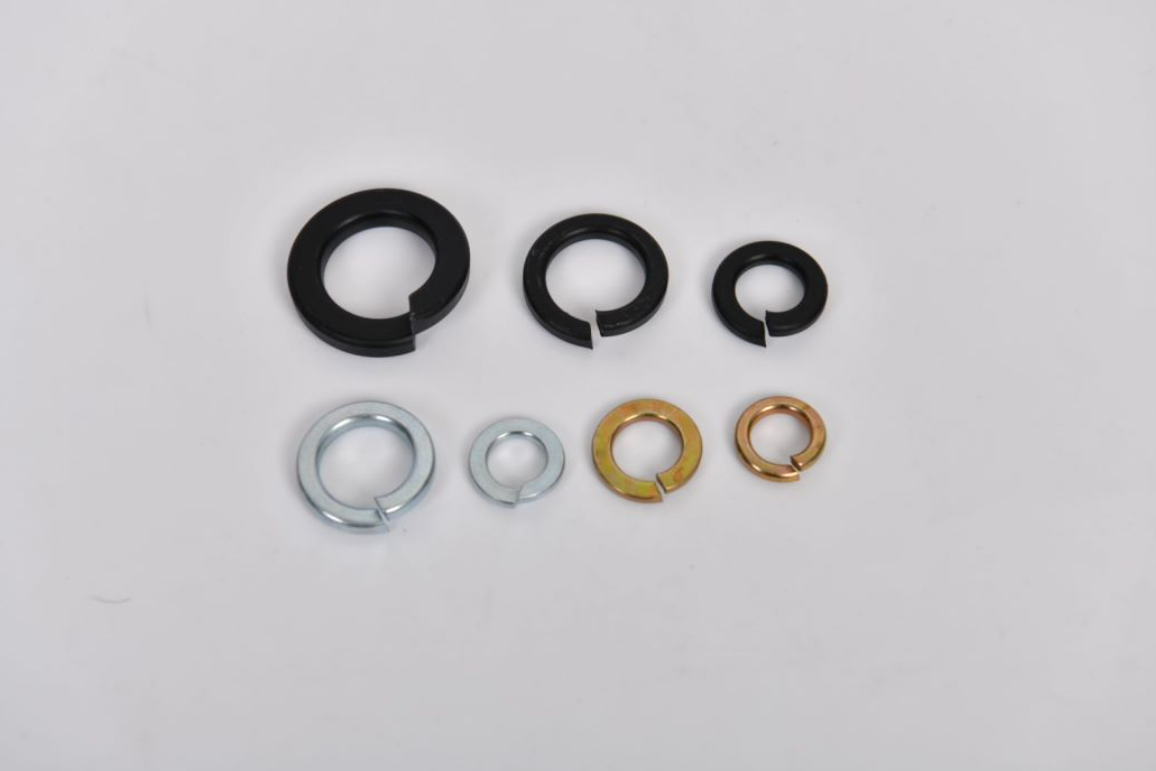Self-Tapping Screw Specification Guide for Manufacturers and Designers
Understanding Self-Tapping Screw Specifications from Manufacturers
Self-tapping screws are essential fasteners in various industries, facilitating the joining of materials without the need for pre-drilled holes. These screws possess unique features that allow them to create their own mating threads as they are driven into the material. Understanding the specifications provided by manufacturers is crucial for selecting the right self-tapping screw for your application.
Types of Self-Tapping Screws
Manufacturers offer a range of self-tapping screws, each with distinct characteristics suited to specific materials and applications. Common types include
1. Sheet Metal Screws Designed for fastening metal sheets, these screws typically have a sharp point for piercing metal surfaces. They can be used in applications ranging from automotive to HVAC systems.
2. Wood Screws While not always classified as self-tapping, many wood screws can tap their own threads into softwood and hardwood. They generally have a thicker body and coarse threads to provide a strong hold.
3. Plastic Screws These fasteners are specifically designed for use in plastic materials. They feature unique thread designs to prevent cracking and stripping.
Key Specifications
When reviewing self-tapping screw specifications, it is crucial to consider the following factors
self tapping screw specification manufacturer

1. Material Self-tapping screws are available in various materials, including stainless steel, carbon steel, and plastic. The choice of material affects the screw’s strength, corrosion resistance, and suitability for different environmental conditions.
2. Coating Many manufacturers apply coatings to enhance durability and resistance to corrosion. Common coatings include zinc plating, black oxide, and epoxy. The coating type can impact the screw’s appearance and performance in harsh environments.
3. Thread Design The thread design plays a significant role in how well the screw will perform in different materials. Fine threads are typically preferred for harder materials, while coarse threads are better suited for softer substrates.
4. Drive Type There are several drive types for self-tapping screws, including Phillips, slotted, Torx, and hex. The right drive type can influence the ease of use and the torque applied during installation.
5. Length and Diameter The length and diameter of the screw directly affect its holding strength and application usage. It is important to choose the appropriate size to ensure optimal performance without compromising the integrity of the material being fastened.
Application Considerations
When selecting self-tapping screws, it is essential to understand the application requirements. Factors such as environmental conditions, load-bearing needs, and the substrates being joined must be taken into account. For instance, screws used in outdoor applications may require higher corrosion resistance, while those used in interior projects may not face the same environmental challenges.
Conclusion
In summary, self-tapping screws are versatile fasteners that are indispensable across various industries. Understanding the specifications provided by manufacturers—including material, coating, thread design, drive type, and size—can significantly impact performance and efficacy in applications. By carefully evaluating these factors, you can ensure that the self-tapping screws you choose will meet your project needs, ensuring durability and reliability in fastening operations. Always consult with manufacturers for detailed specifications and recommendations to select the best self-tapping screws for your specific applications.
-
Top Choices for Plasterboard FixingNewsDec.26,2024
-
The Versatility of Specialty WashersNewsDec.26,2024
-
Secure Your ProjectsNewsDec.26,2024
-
Essential Screws for Chipboard Flooring ProjectsNewsDec.26,2024
-
Choosing the Right Drywall ScrewsNewsDec.26,2024
-
Black Phosphate Screws for Superior PerformanceNewsDec.26,2024
-
The Versatile Choice of Nylon Flat Washers for Your NeedsNewsDec.18,2024










